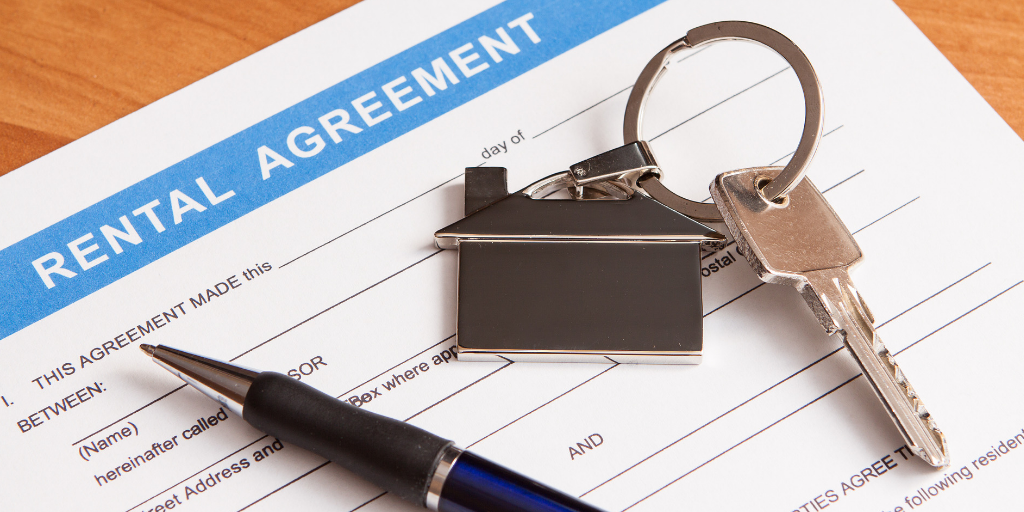BLOG / DO RENTERS OR LANDLORDS PAY FOR PEST CONTROL SERVICES?

No one wants to be bothered by pests, let alone have a full blown pest control issue. Unfortunately, they do happen and they can happen anywhere.
But what do you do when a pest infestation happens in a place you rent?
It’s stressful enough to have your space invaded and overcome with common nuisance pests like cluster flies, boxelder bugs, Asian Lady beetles, or ants or concerning pests like cockroaches, bed bugs, rats or mice. But it’s even more stressful (and frustrating) not knowing who is financially responsible for any pest control services needed to resolve the issue. Is the tenant? Or does the landlord pay pest control costs? Are both responsible?
That depends on what is in your rental agreement or lease agreement. We do encourage you to look at that first. If if it not clear, reach out to your landlord, superintendent or property management company and ask them.
Here in Ontario, the Landlord and Tenant Board (or LTB) outlines that it is the responsibility of the landlord to:
1. Maintain the Rental Property which includes keeping it clean and taking action to control pests (like rodents and cockroaches).
2. Meet Property Standards, related to health, safety, housing and maintenance, which are outlined in municipal bylaws or provincial maintenance standards, set out in the Residential Tenancies Act (or RTA).
While the landlord has the responsibility to control pests (and the costs associated with this), the onus is still on the tenant or renter to keep their rented space clean and to regularly report maintenance issues to the landlord. What does ‘clean’ mean? Under the RTA, a tenant is required to keep their rental unit clean, up to the standard that most people would consider ‘normal’ cleanliness.
In cases where there is pest infestation, you cannot be evicted simply because you are messy, but eviction is a possibility if your rental unit is so dirty and unsanitary, that it puts the safety of the other tenants or the landlord at risk, as is it attracting pests. As well, if a renter is found to be responsible for causing the pest issue, they could become financially responsible for some or all pest control costs incurred to resolve the pest issue.
If your landlord is not responsive to a reported pest control issue, you can reach out to your communities’ local municipal government, who is responsible for enforcing municipal bylaws. If your community doesn’t have municipal bylaws, contact your municipality as they are responsible for enforcing the provincial maintenance standards.
We know we shared this above, however if you are a renter, we encourage you to review your current lease or rental agreement and see what it says about pest control responsibility. If it is not there, reach out to your landlord and explicitly ask about it. You can also contact your local LTB and ask them for information and guidance.
If you’re considering renting, or changing your rental property, we encourage you to make an informed decision before signing a new lease or rental agreement.
Pest control issues in multi-unit buildings and complexes can be challenging to resolve, which is only made more challenging when landlords and tenants are on opposite sides or are misinformed. When renters and landlords work together, pest issues are often resolved more quickly and efficiently.
If you have a pest control issue, do contact us. With 30+ years experience solving pest control issues in all types of homes and businesses, you can count on our expert team for help.
NO RELIANCE ON PESTICIDE PRODUCTS - LEARN ABOUT OUR GREEN PEST MANAGEMENT SYSTEM